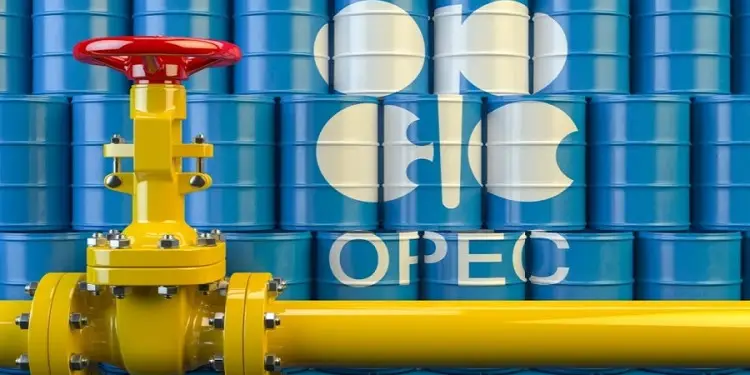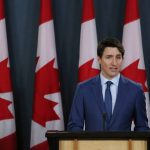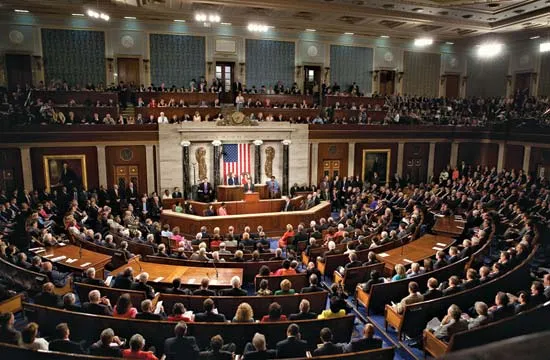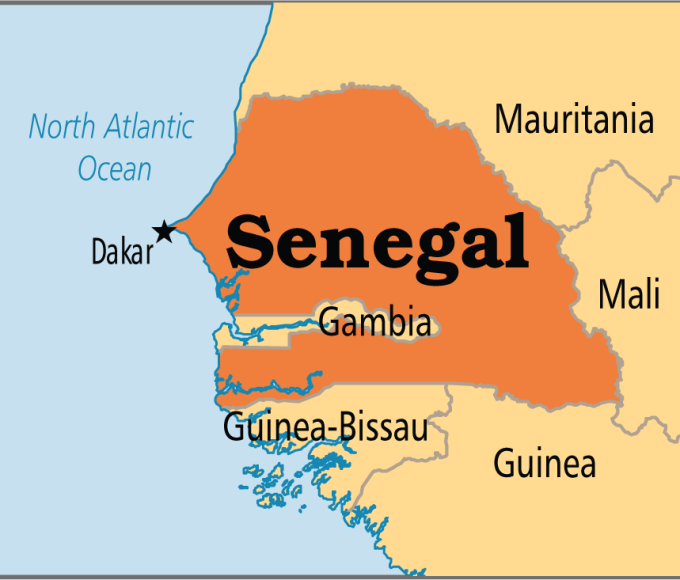
Government Imposed Taxes the Cause of High Fuel Prices, Not Oil Producers — OPEC Chief

The Organisation of the Petroleum Exporting Countries (OPEC) Secretary General Haitham Al Ghais has pointed to taxes imposed by governments, especially in major oil-consuming nations, as the primary driver of high fuel prices, rather than oil producers themselves.
This was made known in an article published Tuesday. Al Ghais explained that while crude oil and its derivatives fuel global industries from transportation to pharmaceuticals, oil-producing nations are not reaping the bulk of retail fuel sales profits.
Contrary to popular belief, rising oil prices do not directly translate to higher profits for oil producers at the expense of consumers.
Instead, Al Ghais highlighted that most revenues from fuel sales are accumulated by governments in major oil-consuming countries through taxation.
“Revenues can indeed be generated, but analysis shows that they are earned primarily by major oil consuming countries via taxation. For example, OECD economies earn far more revenue from the retail sale of petroleum products than OPEC countries make from the original sale of their oil,” he stated.
The OPEC chief pointed out that countries within the Organisation for Economic Co-operation and Development (OECD) consistently earn far more from the retail sale of petroleum products than OPEC members make from crude oil sales.
Between 2019 and 2023, OECD nations collectively earned an additional $1.915 trillion annually from petroleum products compared to OPEC nations. In 2023 alone, taxes accounted for around 44 per cent of the final retail price of petroleum products in OECD countries, with some European nations exceeding 50 per cent.
Al Ghais stressed that the high cost of fuel at the pump is not solely influenced by crude oil prices or refinery margins.
“It is important to recognise that the price paid by consumers at the pump is determined by multiple factors, including crude oil prices, refining, transportation, and, notably, taxes,” he explained.
“Some governments simultaneously seek to utilise the revenue generating potential of petroleum, while seeking to phase out oil, alongside subsidising other energies.”
It will be recalled that an increase in fuel price was announced by the Nigerian National Petroleum Company Limited (NNPC) last week. Selling at N950.22 in Lagos, N960.22 in Oyo, N980.22 in Rivers, N1,019 in Borno and N999.22 in Sokoto, Kaduna and Kano per litre. This is coming after lifting over 16 million litres of Premium Motor Spirit (PMS) from the Dangote Refinery in Lagos, last week.
Read: Canada to Slash Foreign Student Permits by 10%, Tighten Immigration Rules
About The Author
Related Articles
US Security Narrative Shifts from Terrorism to Mining in Nigeria
A new bill introduced in the United States Congress is drawing attention...
ByWest Africa WeeklyFebruary 12, 2026Galatasaray Ready to Sell Osimhen if Barcelona Meet €80m Valuation
Victor Osimhen could be on the move again as Spanish giants Barcelona...
ByWest Africa WeeklyFebruary 12, 2026Senegal Unveils $100m Onshore Oil and Gas Plan After Revoking Idle Licenses
Senegal is moving ahead with a new $100 million onshore oil and...
ByWest Africa WeeklyFebruary 12, 2026Ghana’s Cocoa Crown Under Threat as Nigeria, Ecuador and Indonesia Close In
Ghana’s position in the global cocoa industry is facing mounting pressure as...
ByWest Africa WeeklyFebruary 12, 2026











